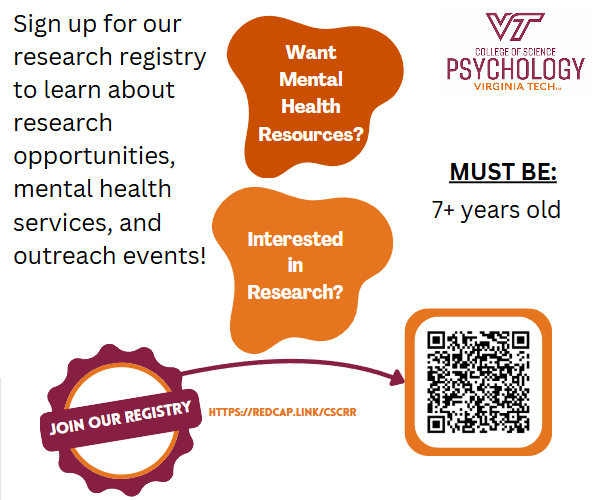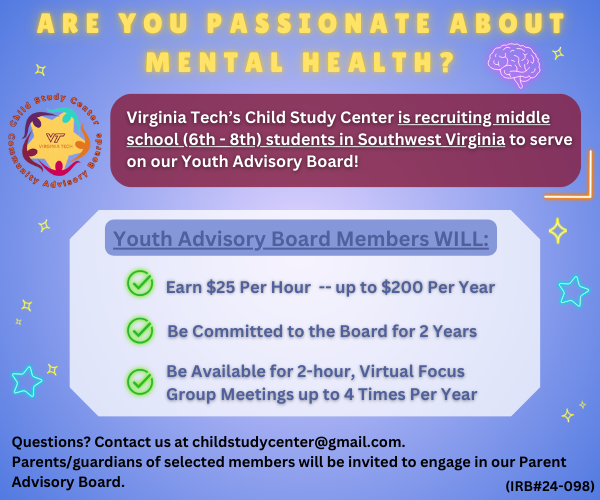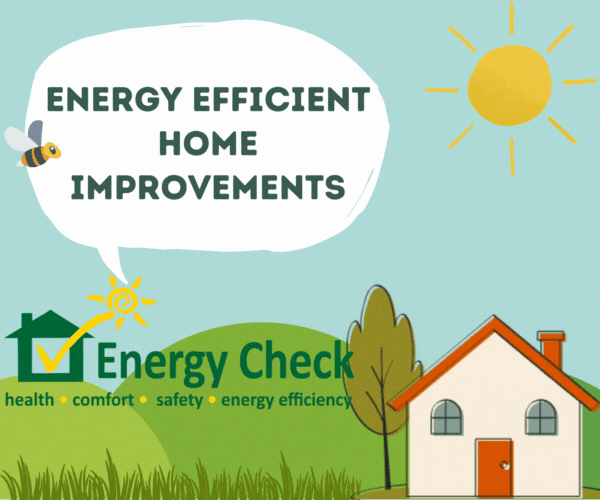May is Maternal Mental Health Awareness month and Wednesday, May 3rd was World Maternal Health Awareness Day. Why do we need these and other days to increase awareness? The answer may surprise you.
According to Postpartum Support International, 1 in 7 mothers will experience significant anxiety or depression after the birth of a child [1]. The Blue Dot Project states that as many as 1 in 5 women suffer from a maternal mental health disorder [2]. And according to the World Health Organization, 10-13% of all mothers in the world will experience a perinatal (before birth) or postpartum mood or anxiety disorder of some sort [3]. That equates to more than 14 million women worldwide who experience significant distress during pregnancy and/or after childbirth each year.

What are maternal mental health disorders?
Perinatal and Postpartum Mood and Anxiety Disorders (PMADs) include many different symptoms and disorders. Symptoms of PMADs often include some or all of the following;
● Sadness or depression that persists after the ‘baby blues’ period which is often around 2 weeks after birth
● Increased irritability or anger
● Difficulty bonding with baby
● Feelings of anxiety or panic
● Changes to eating or sleeping habits
● Upsetting thoughts that are difficult to make go away
● Feelings of guilt or feeling you shouldn’t have become a parent or your baby is better off without you
● Worry that you might hurt the baby or yourself [4]
Why is it important to know these statistics and to learn more about PMADs?
Around 80% of women who experience perinatal or postpartum mental health struggles in the US do not seek services. This is commonly due to stigma, access to quality support services, poor referral programs, or general lack of awareness. The risk is even higher for Black mothers in the US and these moms are less likely to receive treatment than White mothers [5].
This is 100% preventable and in 2023, this is unacceptable.

How can we all support mothers better?
That’s where you come in. You can play a part in decreasing the number of mothers who suffer alone, simply by learning more and refusing to stay silent. This month, there are many ways for you to help raise awareness. Below are some suggestions to get you started.
● Learn more about PMADs and maternal mental health by visiting the sites below.
○ WORLD MATERNAL MENTAL HEALTH DAY - 3 MAY 2023
○ Postpartum Support International
○ Postpartum Support Virginia - has an office in Roanoke, Virginia
○ Policy Center for Maternal Mental Health
● Join a social media campaign and/or follow the above organizations on social media.
● Join the Climb Out of the Darkness fundraising event.
● Listen to the I am the One podcast.
● Sign the petition below to make World Maternal Mental Health day recognized by the UN World Health Organization.
○ Make Maternal Mental Health Awareness Day officially recognized
● Use Postpartum Support Virginia’s directory listing to find providers in your area.
● Wear blue this month to support The Blue Dot Project which aims to reduce the stigma of maternal mental health issues and seeking treatment.
● Watch the informational video below
● Attend a free training.
○ Free Intro to Maternal Mental Health
● Donate to Postpartum Support Virginia, Postpartum Support International, The Blue Dot Project, or another organization who supports the efforts to reduce stigma and increase resources and support for maternal mental health issues. Locally, Huddle Up Moms is a wonderful resource that supports maternal health in Roanoke, Virginia.
No one should have to suffer alone. Learn more. Reach out for support. Talk to your loved ones. You can make a difference.
If you need immediate help, please contact the National Suicide Prevention Hotline at 988 or the National Maternal Mental Health Hotline 1-833-93-5746 (1-833-9-HELP4MOMS)
Traci Terry, LPC, is a professional counselor in the New River Valley Region of Virginia. Her practice, Bold Path Counseling, PLLC, provides quality teletherapy to expecting and new moms and parents who are experiencing perinatal or postnatal anxiety, depression, or OCD. She also works with individuals who are experiencing anxiety symptoms rooted in perfectionism.
Sources:
[1] Postpartum Support International (PSI).Postpartum Support International (PSI), 23 Mar. 2023, https://www.postpartum.net/.
[2] The Blue Dot Project. (n.d.) What Are MMH Disorders. Accessed April 27, 2023. , https://www.thebluedotproject.org/whataremmhdisorders.
[3] World Health Organization (WHO). (2019). Mental Health and Substance Use. (Accessed April 27, 2023).
https://www.who.int/teams/mental-health-and-substance-use/promotion -prevention/maternal-mental-health.
[4] Postpartum Support International (PSI). (n.d.) Learn More - Perinatal Mental Health Disorders (Accessed April 27, 2023).
https://www.postpartum.net/learn-more/.
[5] The Motherhood Center of New York. (2022). What are Perinatal Mood and Anxiety Disorders (PMADs)? Blog, June 29, 2022. (Accessed April 27,
2023).
https://themotherhoodcenter.com/blog/2022/06/29/what-are-perinatal mood-and-anxiety-disorders-pmads/.








